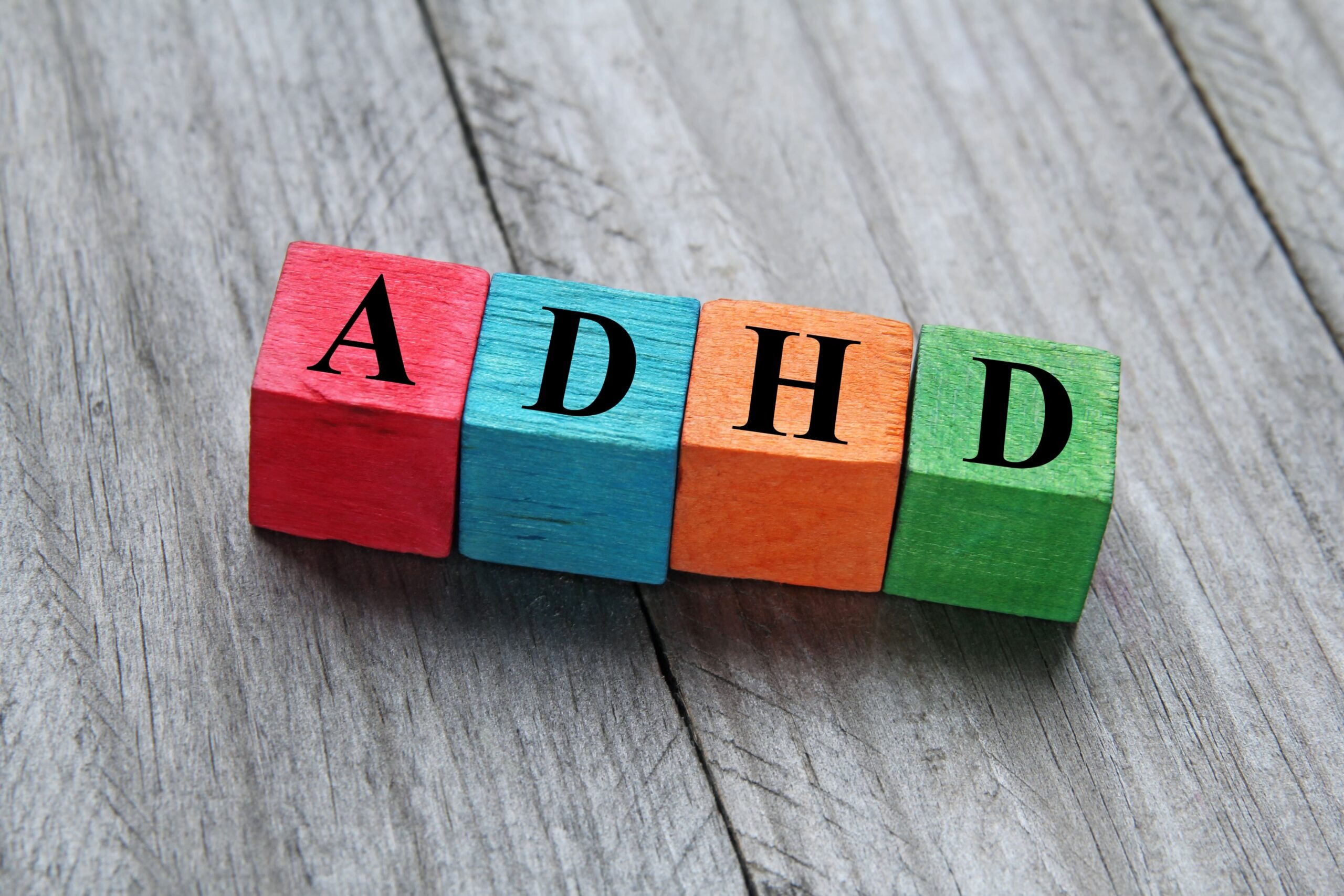While the subject of ADHD is often discussed, one question comes up for many people: Is ADHD a mental health disorder? Some debate does take place as to whether or not a more accurate classification for it would be a learning disability. Still, someone who has ADHD and needs help managing their symptoms needs to seek mental health treatment. Outpatient care can provide an optimum way for someone to take control of their ADHD. As a result, they experience better mental health and an improved ability to succeed in multiple areas of their lives.
Understanding ADHD
Attention-deficit/hyperactivity disorder (ADHD) is classified as a neurodevelopment disorder. Three major types of ADHD exist:
Inattentive and Distractible Type: This type of ADHD presents as a person with difficulty paying attention and who is often easily distracted. They find it hard to focus on conversations or singular activities. The individual does not experience hyperactivity.
Impulsive/Hyperactive Type: This type of ADHD causes a person to engage in hyperactive behaviors. They have difficulty controlling their impulses. They may fidget and have trouble sitting still, and experience unusual amounts of energy.
Combined Type: This type of ADHD is the most common one and includes symptoms of both of the above types.
ADHD is most often diagnosed during a person’s childhood but can continue throughout adulthood. Boys receive a diagnosis of ADHD about twice as often as girls. Quite often, symptoms of ADHD are present at an early age but do not become diagnosable until the child begins school. The requirements of paying attention and following instructions that begin in early education can alert parents and teachers to the possibility of this condition.
Recognizing ADHD
It can be difficult for a family member to recognize ADHD in their loved one. Children tend to be rambunctious and unfocused at times, but for many, the signs of ADHD begin to make it clear that something more is going on. Common signs and symptoms to look out for include:
- Easily distracted
- Trouble focusing on a task or a conversation
- Acting in impulsive ways
- Fidgeting while required to be seated or stand still
- Unorganized
- Poor study skills
- Talking excessively
- Forgetting what they were doing or discussing
- Reporting feeling bored
- Moving about from place to place rapidly
- Moodiness
One exception to be aware of when it comes to symptoms involves certain tasks. For example, someone with ADHD may be able to remain focused on activities and pastimes such as playing video games. They may also stay on target while being creative, such as playing music or drawing. This can lead the person to think they do not have ADHD, when in fact they may have this disorder.
Is ADHD Technically a Mental Health Disorder?
The question “Is ADHD a mental health disorder?” may invite debate among some. In particular, some may argue that it’s simply a learning disability. Others may say it’s only a behavioral health concern. “Behavioral health” is an umbrella term that includes mental health. Other behavioral health disorders that fall into this category include generalized anxiety disorder, panic disorder, obsessive-compulsive disorder, and eating disorders.
One of the most researched kinds of mental health topics is ADHD. In fact, many people who have ADHD also receive a diagnosis for other mental health disorders. These include mood disorders such as depression and bipolar disorder. Research shows that ADHD is indeed a mental health disorder. The American Psychiatric Association and many more groups report that ADHD responds to treatment for mental health.
The National Alliance of Mental Health (NAMI) states “NAMI recognizes that other organizations have drawn distinctions between what diagnoses are considered “mental health conditions” as opposed to “mental illnesses.” We intentionally use the terms “mental health conditions” and “mental illness/es” interchangeably.”
NAMI states that mental illness affects a person’s behaviors, moods, thoughts, and feelings. As well, they list ADHD as one of the diagnosable mental health conditions/mental illnesses.
How is ADHD Treated?
Someone who needs help managing their ADHD symptoms should look for mental health treatment. Outpatient care can provide the help necessary to turn someone’s life around and allow them to enjoy better control of their mental health. Outpatient care involves attending treatment sessions during the day while still being able to live at home. Treatment can last for 30 days or longer, depending on the person’s specific condition and needs.
Multiple types of treatments can help target ways to manage symptoms of ADHD. These include:
- Psychotherapy
- Dialectical Behavioral Therapy
- Psychiatry
- Medication Management
- Family Therapy
- Acceptance and Commitment Therapy (ACT)
- Genetic Testing
Find Mental Health Treatment for ADHD in Atlanta, GA
Do you struggle with having ADHD and trying to accomplish your life goals, such as work or school? New View Wellness in Atlanta understands how to help you manage your ADHD symptoms and elevate your ability to achieve the progress you want to make. We provide up-to-date, effective types of therapeutic treatment you’re looking for. Our outpatient programs allow you to work on managing your symptoms while still living your daily life.
If you are interested in discussing answers to “Is ADHD a mental health disorder?”, contact us today. Treatment can begin quickly and help turn your life around.

